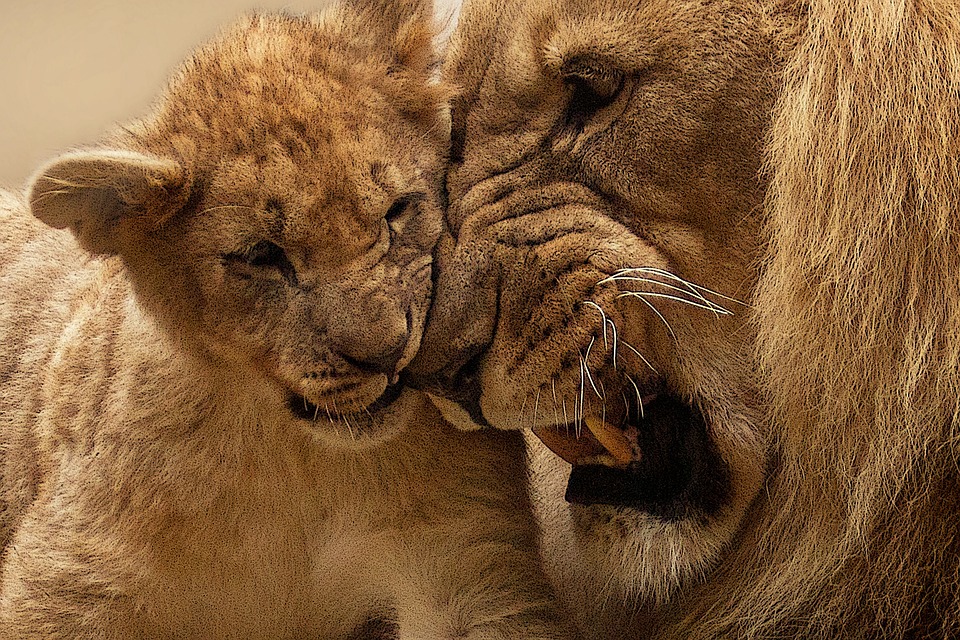Cat Hairball Complications: Recognizing and Managing Serious Cases
As a cat owner, it’s not uncommon to find the occasional hairball on the floor or hear your feline friend coughing up one. While hairballs are common in cats, they can sometimes lead to complications that require immediate attention. In this article, we will discuss the causes, symptoms, and potential complications of cat hairballs, as well as provide tips on managing serious cases. Additionally, we will address some frequently asked questions to help you better understand this common issue.
I. Understanding Cat Hairballs
Hairballs are the result of cats grooming themselves. During grooming, cats swallow loose hair, which accumulates in their stomach. In most cases, the hair passes through the digestive system and is expelled in the feces. However, when the hair doesn’t pass through the digestive tract smoothly, it can form a hairball.
II. Recognizing Hairball Complications
While hairballs are generally harmless, they can sometimes lead to complications, including:
1. Obstruction: Hairballs can become large enough to cause a blockage in the digestive system, preventing food and water from passing through. This can result in vomiting, loss of appetite, constipation, and lethargy.
2. Intestinal Inflammation: Hairballs that remain in the intestine for an extended period can cause irritation and inflammation. This can lead to symptoms such as diarrhea, abdominal pain, and blood in the stool.
3. Respiratory Issues: In rare cases, hairballs can be regurgitated and inhaled into the respiratory tract, causing coughing, wheezing, and difficulty breathing. This is more common in cats with pre-existing respiratory conditions.
III. Managing Serious Hairball Cases
If you suspect that your cat is experiencing complications from hairballs, it is crucial to seek veterinary attention promptly. The veterinarian may perform a physical examination, conduct diagnostic tests, and recommend appropriate treatment options. Here are some management techniques commonly used for serious hairball cases:
1. Medication: In cases of severe obstruction or inflammation, your veterinarian may prescribe medications to help break down the hairball, reduce inflammation, and promote digestion. These may include laxatives, hairball remedies, or anti-inflammatory drugs.
2. Dietary Changes: Switching your cat to a specialized hairball control diet that contains high-fiber ingredients can help prevent hairballs from forming in the first place. These diets promote regular bowel movements, aiding in the passage of hair through the digestive system.
3. Grooming Assistance: Regular brushing can reduce the amount of loose hair that your cat ingests while grooming. If your cat has long hair, consider scheduling professional grooming sessions to minimize the amount of hair your cat swallows.
FAQs about Cat Hairball Complications
1. Are certain cats more prone to hairball complications? Hairball complications can affect cats of all breeds and hair lengths. However, long-haired cats, such as Persians or Maine Coons, are more susceptible due to the increased amount of hair they groom.
2. Can hairball complications be prevented? While it is impossible to prevent hairballs entirely, regular grooming, a hairball control diet, and ensuring your cat stays hydrated can significantly reduce the frequency and severity of hairballs.
3. When should I be concerned about a hairball? If your cat is experiencing symptoms such as persistent vomiting, appetite loss, constipation, diarrhea, or respiratory distress, it’s crucial to consult your veterinarian immediately as these may indicate a serious hairball complication.
4. Can I use home remedies to treat hairball complications? It is best to consult with your veterinarian before using any home remedies. While some remedies, such as petroleum jelly or commercial hairball remedies, may be safe in certain cases, they can be ineffective or even harmful in others.
Remember, understanding the potential complications of hairballs and being proactive in managing them is essential for your cat’s overall health and well-being. Regular veterinary check-ups, a balanced diet, and maintaining a grooming routine can go a long way in preventing and managing hairball complications.








